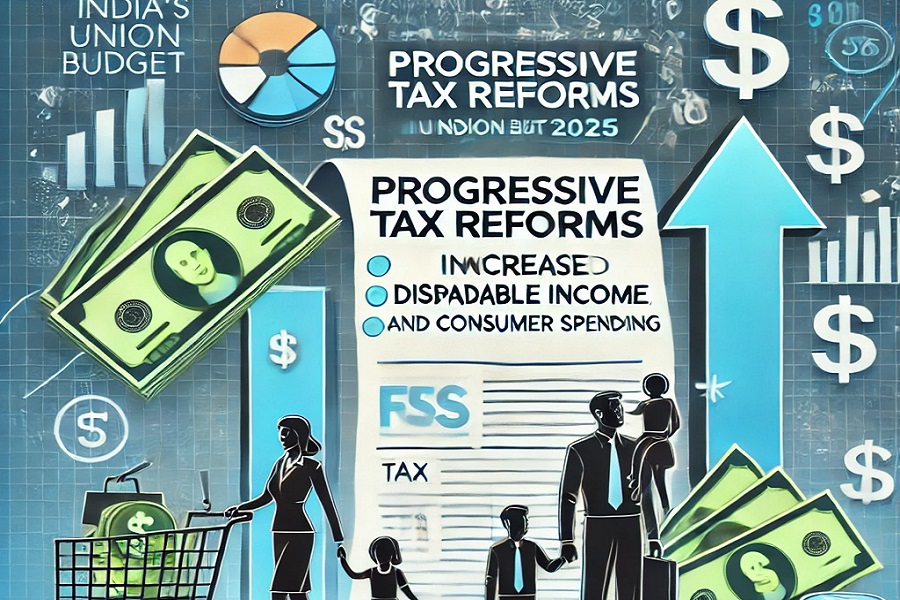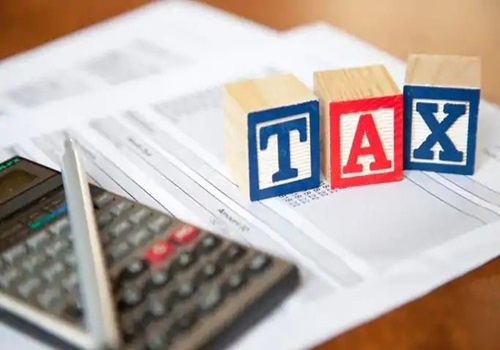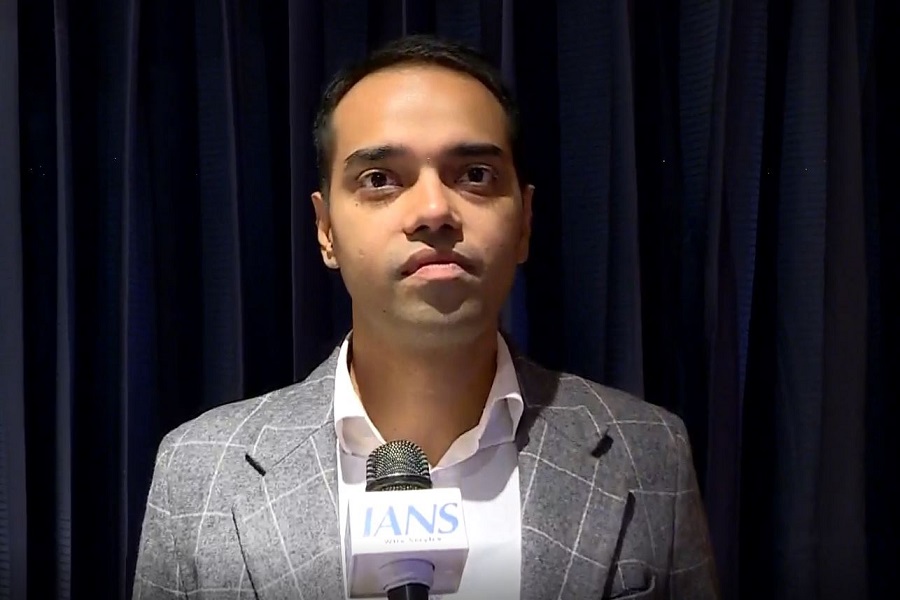Budget 2025 Live: Govt to Forgo Rs 1 Lakh Crore in Direct Taxes, Announces Big Tax Relief for Senior Citizens

Union Budget 2025 presentation, Finance Minister Nirmala Sitharaman unveiled a series of tax relief measures aimed at reducing the financial burden on taxpayers. The government will forgo Rs 1 lakh crore in direct taxes and Rs 2,600 crore in indirect taxes as part of its comprehensive approach to promote economic growth, enhance consumption, and improve the financial well-being of individuals, especially senior citizens and middle-class families.
Key Tax Relief Announcements:
1. Forgone Revenue on Direct and Indirect Taxes:
The government plans to forgo Rs 1 lakh crore in direct taxes and Rs 2,600 crore in indirect taxes. This strategy aims to reduce the overall tax burden on both individuals and businesses, creating a more favorable environment for investment and consumption. By adjusting tax rates, the government intends to help taxpayers retain a higher proportion of their income, thereby promoting increased spending and economic activity.
2. Big Tax Relief for Senior Citizens:
In one of the most anticipated announcements, Finance Minister Sitharaman introduced significant tax relief for senior citizens. The tax deduction limit on interest income for senior citizens has been doubled to Rs 1 lakh. This enhancement will allow them to retain more of their income, particularly from bank deposits, which are a primary source of savings for this group.
Additionally, the Tax Deducted at Source (TDS) limit on rent for senior citizens has been increased to Rs 6 lakh. This means that senior citizens earning rental income will have a higher threshold before TDS applies, offering them greater financial flexibility and less paperwork.
3. Tax Relief for Individuals with Income of Rs 18 Lakh:
The Budget also announced a tax relief for individuals earning an annual income of Rs 18 lakh. These individuals will benefit from a Rs 70,000 reduction in their tax liabilities. This will provide significant relief to middle and high-income earners, particularly those struggling with higher tax brackets. By keeping more of their income, these individuals will have increased purchasing power, which can stimulate economic activity.
4. Simplification of Tax Filing Process:
The Budget places a strong emphasis on simplifying the tax filing process for both individuals and businesses. Reforms will make it easier for taxpayers to comply with regulations, with faster processing of returns and reduced paperwork. The goal is to make the tax system more transparent, efficient, and user-friendly, enhancing compliance rates and reducing the administrative burden on citizens.
Impact on the Economy:
These tax reforms are poised to lead to an increase in disposable income, particularly for senior citizens and middle-class families. With a lower tax burden, consumers will likely spend more on goods and services, which can boost domestic consumption and fuel economic growth. By easing the tax liabilities on senior citizens and high-income earners, the government aims to promote a more equitable tax system that addresses the needs of various segments of society. These changes are also expected to improve consumer confidence, as people feel financially secure and more willing to invest and consume.
Conclusion:
The tax relief measures in the Union Budget 2025 reflect the government's focus on economic growth and welfare of key demographic groups. The decision to forgo Rs 1 lakh crore in direct taxes, alongside the enhancements in tax deductions for senior citizens and high-income earners, is set to provide a more supportive financial environment. These initiatives align with the broader goals of stimulating consumption, creating a more equitable tax system, and enhancing the economic well-being of citizens across India.










More News

Union Budget 2025: Progressive Tax Reforms to Boost Disposable Income and Consumer Spending ...













